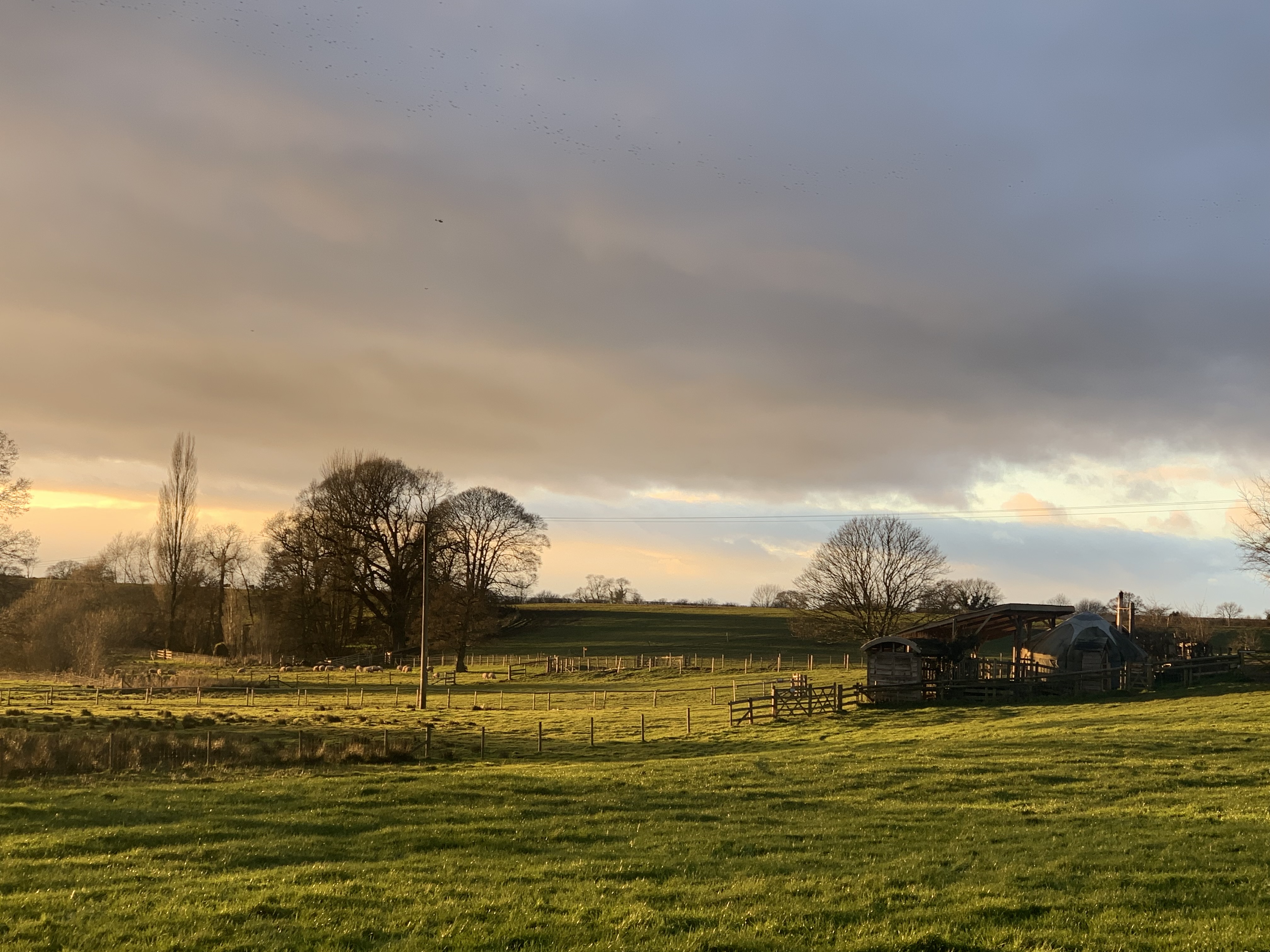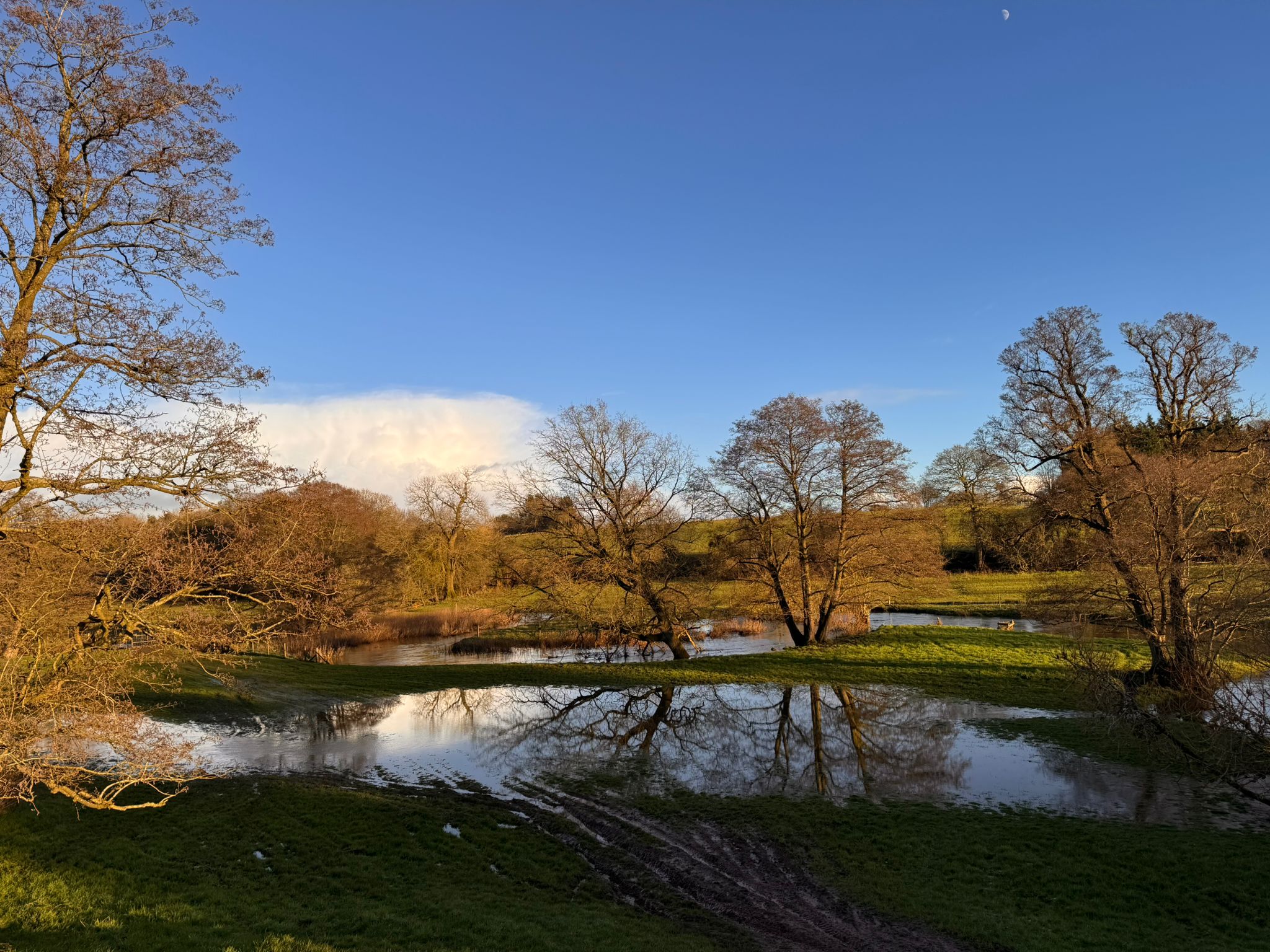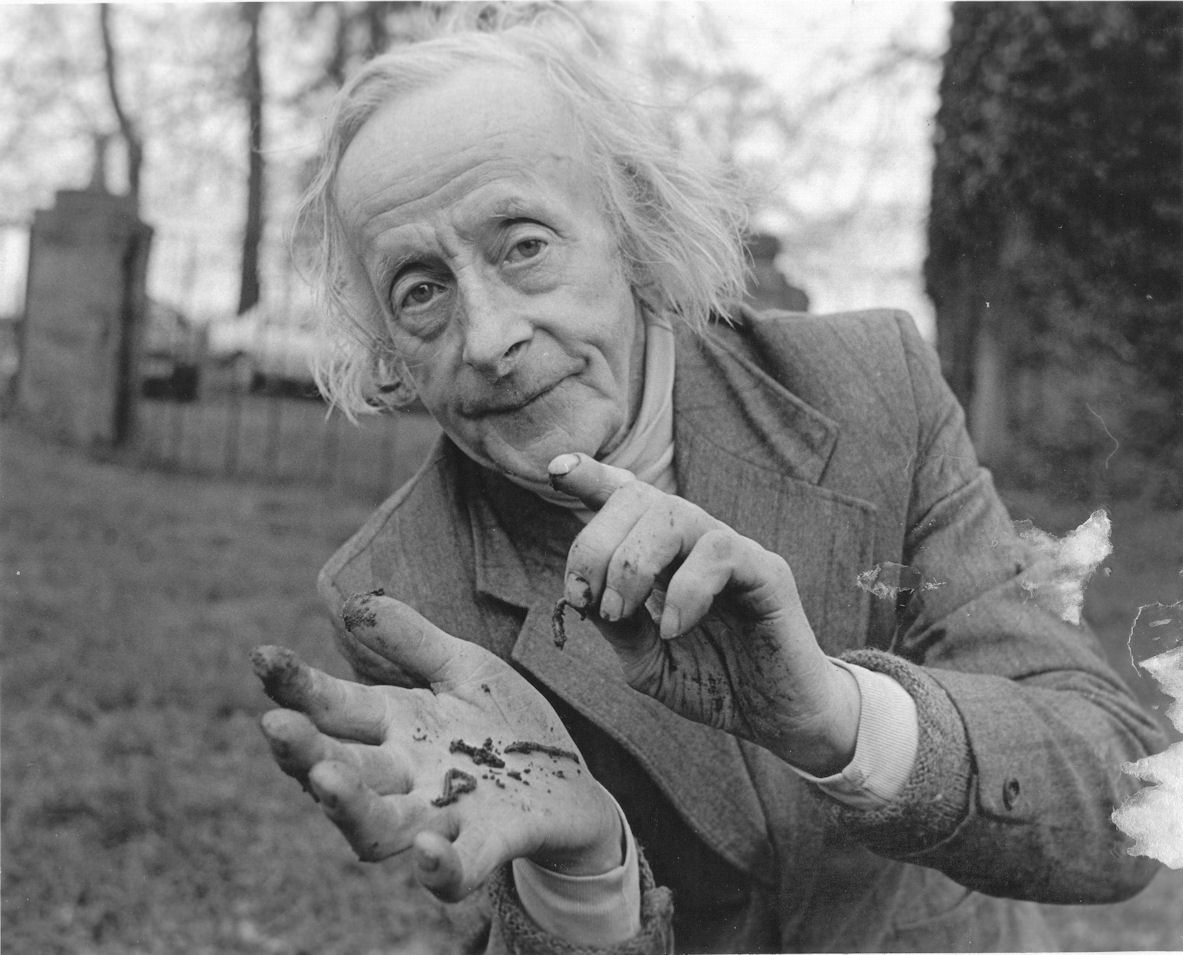Reflections on Agrarian Land Reform
November 12, 2025
Land reform starts with courage and community..

As I return home from the UK Agrarian Land Reform Colloquiumin Edinburgh, I have been thinking about our national ‘Cultural Land Heritage’, past and present.
It has been a fascinating day, learning more about the Scottish Land Reform policies and especially the short-comings of their Community Right to Buy, which came into law in 2003.
It was shared as what ‘could have been a good law’, but instead it has standardised and centralised the very definition of community, leaving only 2.6% of Scotland’s land actually making it into community-ownership over20 years later.
It leads me to think how transformative will the English Community Right to Buy actually be?
Some of the problems will most certainly replicate themselves, such as the ability to take on a community asset which relies on people with administration, finance and sometimes legal skills to take it forward. It is not truly accessible to people who live and work on the land.
Running a share offer is intense. Not only are specific skills needed, but so are time, huge amounts of energy and resources, aspects which are hard to manage when life is so busy for so many of us – despite how passionate we may be about a cause.
I have seen this problem in many community-ownership projects around land. They are never short of passionate people, but specific skills can be lacking; and even when they do exist, everyone has a day job to do. So, even when the Community Right to Buy lands in England, and if we assume it leaves the definition of community broad, that it writes its guidance in plain English, and that it gives communities enough time to create suitable structures and fundraise, will our communities have the resources to take it forward?
Can Land Reform really happen?
I truly believe the will is there. That is not in question. The demand is also there. Some farmers would happily pass their land over to communities. Such is the case with @BabbinswoodFarmCbs or @Wakelyns farm and others. But, can the community resource itself enough, with skills and time to be able to run a share scheme that we can all buy into? Is this practically possible?
If not, then what could be the answers? A resource fund to help communities employ people from within to run campaigns, together with a capital fund to help purchase assets? Learning from others who have been here before, such as @FordhallOrganicFarm, could all be potential answers.
OK, so let’s assume we have that problem out of the way.
Next comes the elephant in the room – land value! I raised this at the colloquium a few times and people were nervous to tackle it. Everyone agrees it is a barrier. If I simply take the length of time that Fordhall Farm has been in community-ownership, land value has tripled and, in some places, quadrupled in price. Land values do fluctuate and sometimes they do decrease a little, but land values in England are set to rise. Hence the heavy investment in land from pension funds and the like. They see land as a safe investment and snap it up almost before it even comes to market.
Land value is not based solely on the productivity or nature value of the land; it is based on its ability to generate a financial return. That may be through development, a solar farm, carbon credits or something else. These land values are certainly not based on returns from sustainable food production. When you value land as an asset to be managed for the community, for sustainable food production and for nature for the long-term, you devalue it, which, in itself, sounds absurd. Surely using land in this collective and cohesive way should increase value?
This is the problem facing any community that wants to place land into community-ownership for the benefit of their local community, to produce food sustainably and to support livelihoods on the land. When you use land in this way, especially if you plan for long-term use, such as with a long farm tenancy, the asset you purchased for £1m, is suddenly worth £350-£400,000.
We came to the conclusion that this was an unfortunate truth and could not be challenged.
However, I think if the government was brave enough. If landowners were brave enough. If we were all brave enough to put sustainability and happiness first, over profits, it would be possible.
A pipe dream, maybe; but change starts with dreams, and I believe community-ownership is just the start. There is a real power in collective action if the desire is there.
Charlotte Hollins, General Manager.




